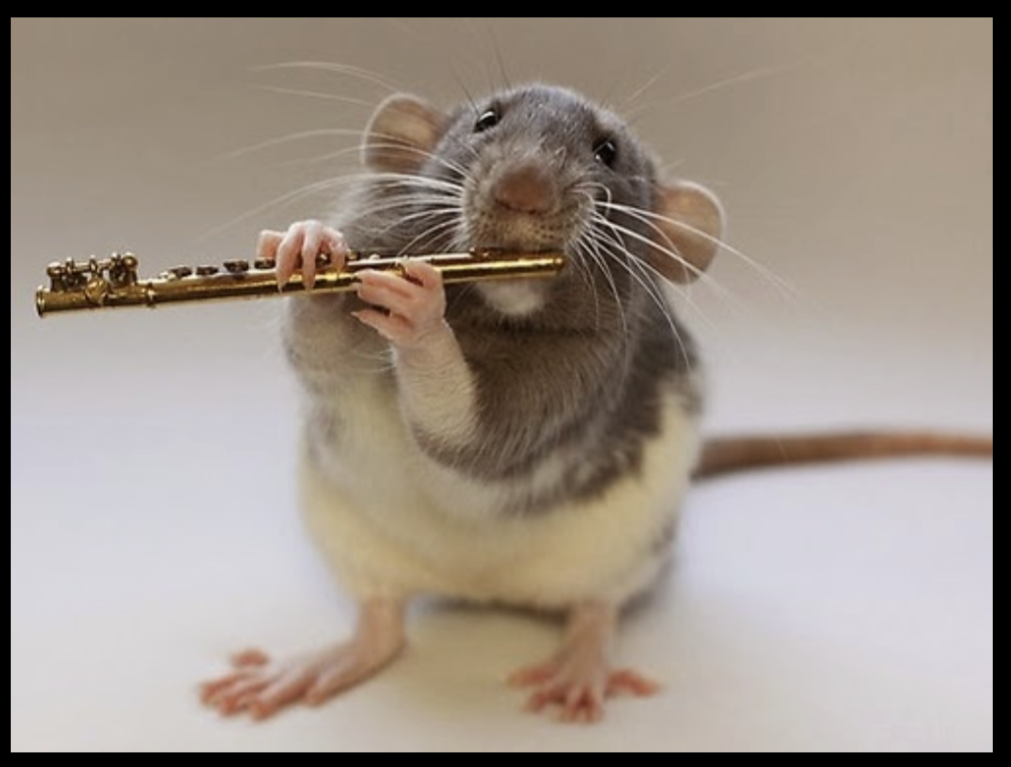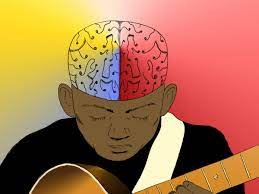Can You Tune Up My Horn? (and Other Endearing Fallacies)

Can You Tune Up My Horn and Other Enduring Fallacies
What do you mean, "Fallacy"?
My band director tuned me just this morning in band! I'm good to go!
I suppose my subject title could be summed up with this age-old musician joke...
Student:"How can I tell if I'm out of tune?"
Teacher: "That's easy. You're out of tune the instant you stop listening!"
Tuning your instrument to one note using an electronic tuning device is a good starting point, but that's all it is. The rest is up to You.
At best, intonation is relative. It is dynamic phenomenon, not static or fixed. Surprise!
An individual musician's "intonation" is relative to many factors, starting with the other instruments you're playing with. It can also be relative to the part of the chord you are playing, and sometimes overall intonation is affected by changes in barometric pressure. You may even be surrounded by players who are all "sharp" or "flat" together. In this case, they are in tune, and you have to adjust. In other words, when it comes to good intonation there is no right or wrong, there is only "in tune" or "out of tune".
Have you ever played a duet with someone and heard a buzzing sound in your ears? When I was a kid, my sister and I would play flute duets, and we would hear that buzzing sound in our ears on every single note we played! It would drive us crazy, but my mom would tell us that it meant we were perfectly in tune. As counterintuitive as that felt to me, I would later learn that not only is that true, it also makes for some pretty interesting phenomena.
That buzzing tone is sometimes referred to as a "difference tone". Flute players & trombone players can easily create a difference tone by playing one note on their instrument while humming a second tone, producing a third tone that is audible to everyone! Ian Anderson of Jethro Tull famously sang and played his flute simultaneously to create his signature sound.
But back to playing your own instrument in tune! Your ability to maintain good intonation is a specific skill that can be developed and honed over time through constant and diligent listening.
Are You listening??


